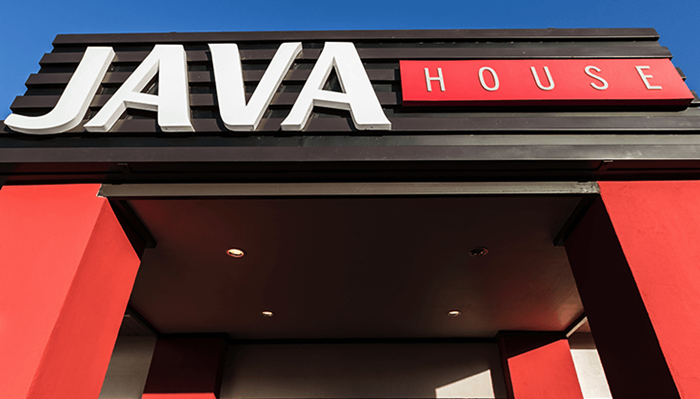The recent acquisition of Java House, a prominent coffee and casual dining chain in East Africa, marks a significant transition in the company’s ownership structure. On January 27, 2025, it was announced that the London-based private equity firm Actis would sell Java House to two Africa-focused investment firms: Alterra Capital and Phatisa Group. This transaction represents the fourth change of ownership for Java House since 2012, highlighting a dynamic and evolving landscape in the African food and beverage sector.
Historical Context:
Java House was founded in 1999 by American entrepreneurs Kevin Ashley and John Wagner, starting as a single coffee shop in Nairobi, Kenya. Over the years, it has expanded significantly, operating 73 outlets across Kenya, Uganda, and Rwanda. The brand has grown to become synonymous with quality coffee and casual dining in the region, appealing primarily to middle- and upper-class consumers.
The chain’s ownership history is marked by several strategic acquisitions:
•2012: Emerging Capital Partners (ECP) acquired a 90% stake from its founders.
•2018: The Dubai-based Abraaj Group took over Java House in a deal reportedly valued at over $100 million.
•2019: Following Abraaj’s liquidation, Actis acquired Java House.
•2025: Actis announced its intention to exit the company, leading to the current acquisition by Alterra Capital and Phatisa Group.
Details of the Acquisition:
The recent acquisition involves Alterra Capital holding a majority stake while Phatisa Group will take a minority position. Although the financial details of the transaction have not been disclosed, it is indicative of growing investor interest in Africa’s expanding consumer markets. The deal was approved by the COMESA Competition Commission, which noted that this acquisition would not reduce market competition due to no overlap with existing operations of either firm.
Alterra Capital, founded in 2020, primarily focuses on investments in financial services and telecommunications but is now venturing into the food and beverage sector with this acquisition. Phatisa Group has a broader investment strategy encompassing Africa’s food value chain, making this partnership strategically beneficial for both firms as they seek to enhance Java House’s growth potential.
Market Dynamics:
The timing of this acquisition aligns with a burgeoning coffee culture in East Africa. As consumer demand for high-quality coffee chains continues to rise, Java House is well-positioned to capitalize on this trend. Competitors like Café Javas from Uganda and Artcaffe from Kenya are also expanding their presence in the region, intensifying competition within the market. The new ownership aims to leverage this growing interest by focusing on regional expansion and innovation within Java House’s offerings.
Future Prospects:
With the backing of experienced private equity firms like Alterra Capital and Phatisa Group, Java House is poised for a new phase of growth. The leadership transition is expected to foster innovation and sustainability within the brand while enhancing its market presence across East Africa. Both new owners have expressed their commitment to promoting Java House’s business growth without compromising market competition.
This acquisition not only reflects an increasing appetite among private equity investors for opportunities within Africa’s food and beverage sector but also underscores the potential for homegrown brands like Java House to thrive on both regional and global stages. As East Africa continues to develop its coffee culture, Java House stands as a testament to the transformative power of entrepreneurship and investment within the continent.
In conclusion, the sale of Java House from Actis to Alterra Capital and Phatisa Group marks a pivotal moment in its history. As it embarks on this new chapter under fresh ownership, Java House is set to continue its legacy as one of East Africa’s most iconic coffee brands while adapting to changing market dynamics and consumer preferences.

